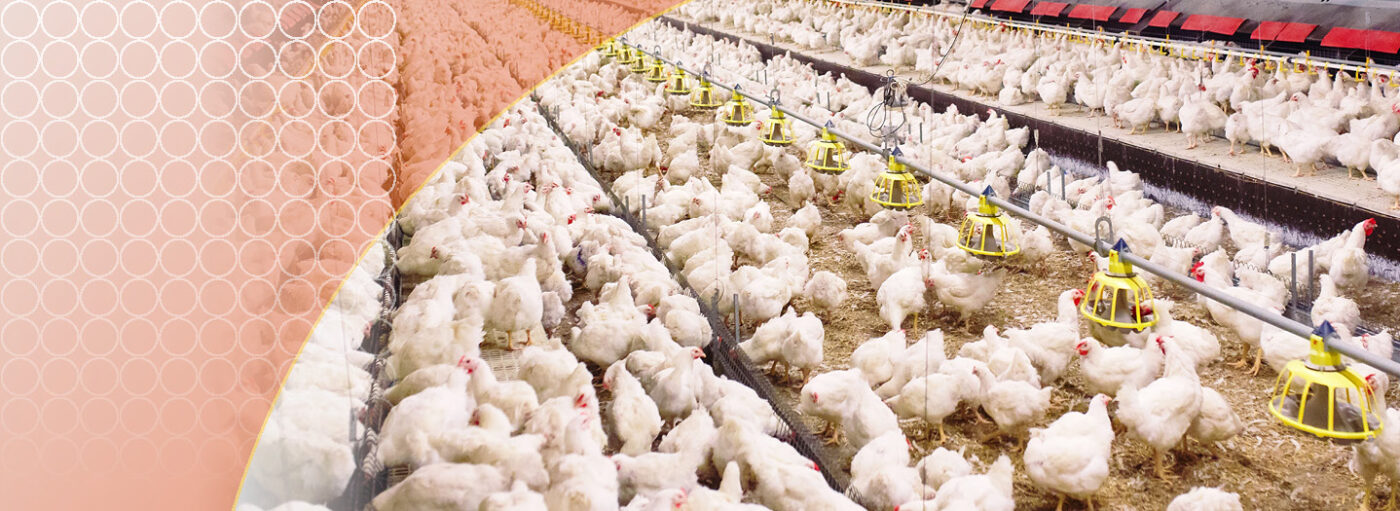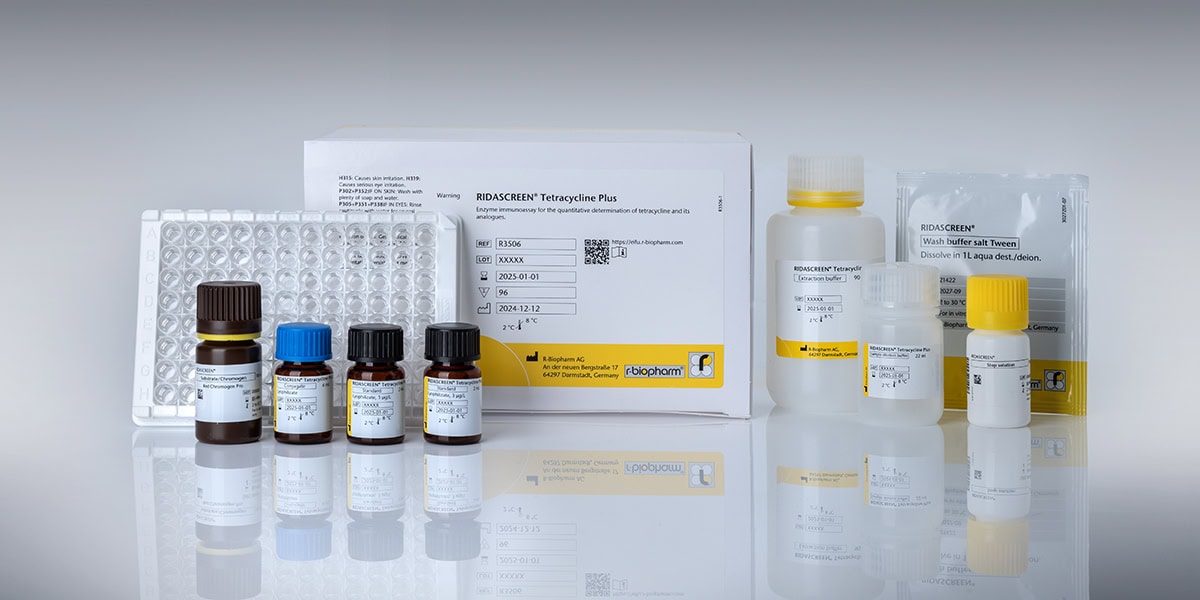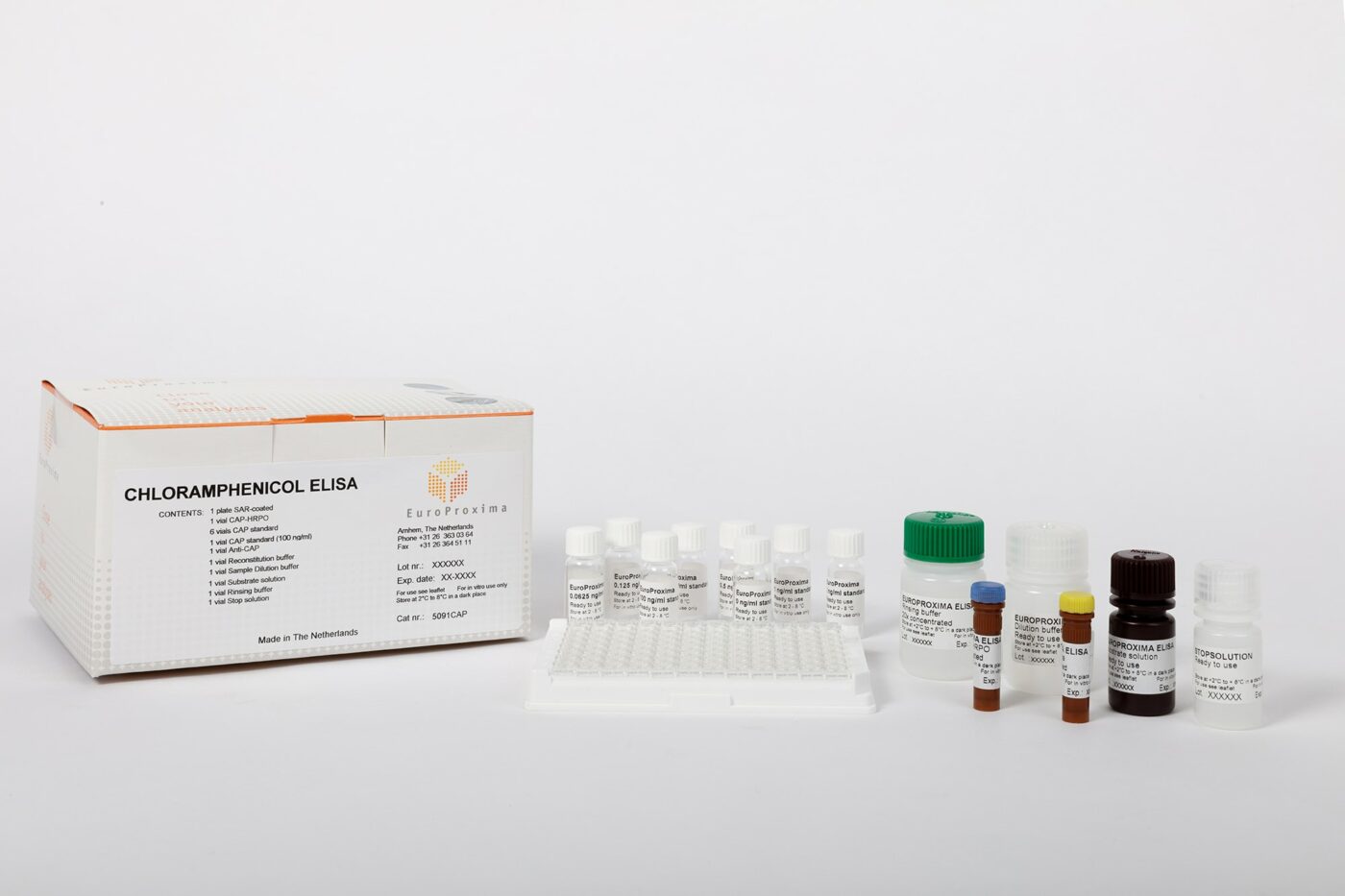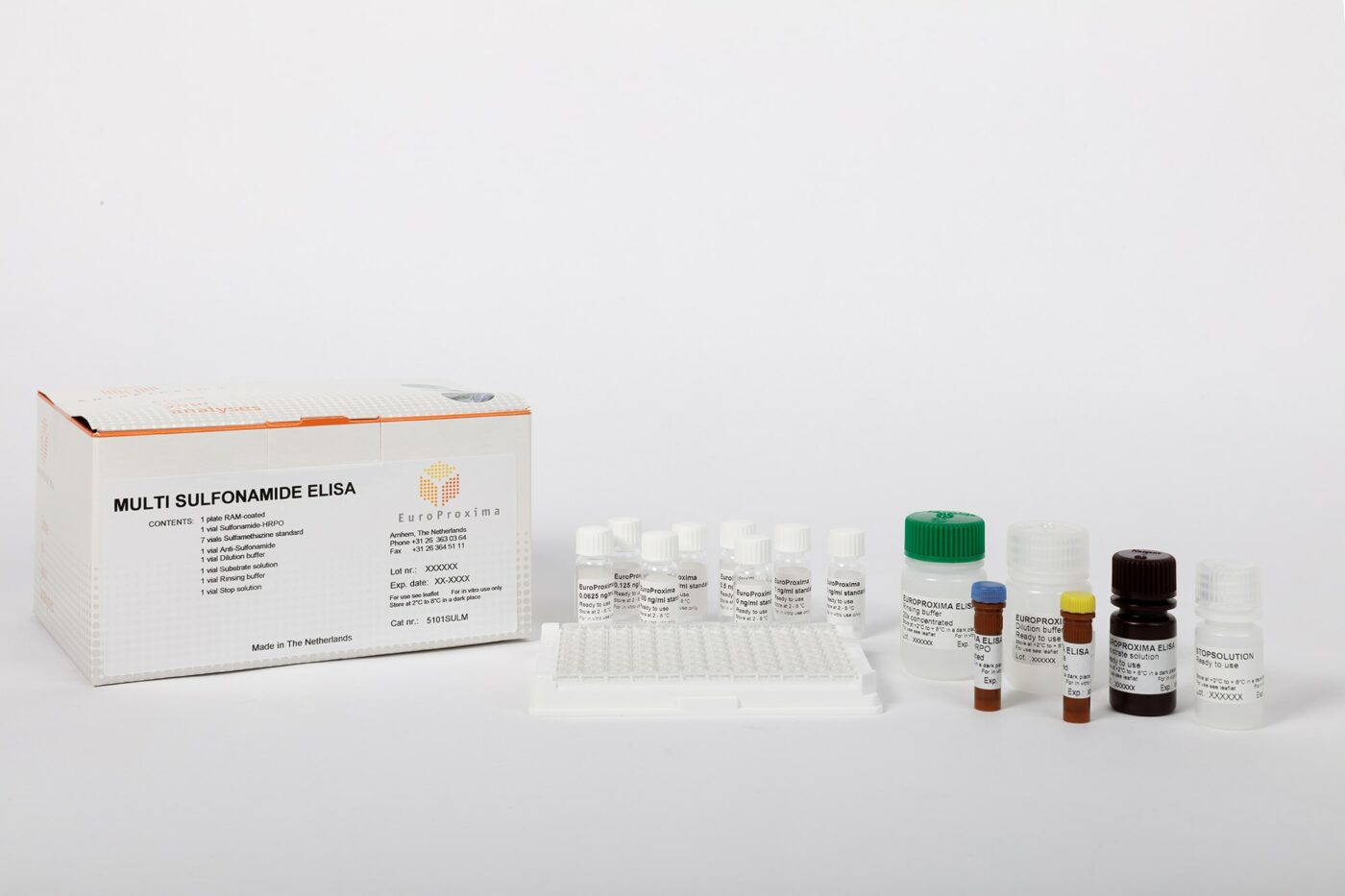
Recent news in Food & Feed Analysis
- Home
- /
- A ban on colistin...
A ban on colistin use in animals to save human lives

The use of the antibiotic colistin in poultry farming is not unusual – but it poses risks. Now, several countries have banned it.
At the end of last year Malaysia announced a ban on the use of colistin in poultry feed. The same measure is taken by India, China and many other countries of the world. The European Medicines Agency has recently proposed to reduce the colistin use in animals and restrict its application only in cases of infections for which no other effective treatments are available.
Colistin (polymyxin E) is a polymyxin antibiotic that is produced by Paenibacillus polymyxa var colistinus. The two major components of colistin are colistin A and colistin B. This antibiotic has been used in medicine and veterinary for over fifty years. The restriction for the use of colistin in animals is required, because this antibiotic is the last line of defense against infections in humans caused by multidrug-resistant bacteria, e.g. Pseudomonas aeruginosa.
Resistance to colistin
In recent years the prevalence of colistin resistance has increased significantly. This resistance is plasmid mediated and encoded by the mcr-1 gene. The use of colistin in pigs and poultry as a growth promoter and prophylaxis against infections can lead to a spread of the plasmid. The rise of colistin resistant bacteria is a severe threat for humans.
To control these restrictions of use for colistin, R-Biopharm offers the EuroProxima Colistin ELISA test. This test is a competitive enzyme immunoassay for the quantitative determination of colistin in various matrices: milk, egg, chicken, pork, beef, liver, fish and feed. The detection limit and the detection capability are determined for these matrices. Efficient sample extraction methods lead to a fast test implementation with a total incubation time of only one hour.



